Fittingly for an episode as long as this one, I took a long time after watching “The Long Night” before starting to write about it. My feelings about the TV version of Game of Thrones are complicated to begin with, but this episode brings into focus all the reasons why this series is difficult to qualitatively assess. Often when it’s at its most accomplished, it’s at its least impactful – at least for me. “The Winds of Winter” is the ultimate example of this, a generally well-received low ebb for the adaptation that had me convinced all was lost. But then you have something like “Hardhome”, which managed to redefine what television was capable of while at the same time exemplifying the virtues that make A Song of Ice and Fire the icon that it is.
It’s no coincidence that both those episodes were directed by Miguel Sapochnik, as was “The Long Night”. He’s GoT’s go-to guy for spectacle, and as always he delivers big-time (literally) here. There’s a problem there, though, and that’s a matter of darkness. Not narrative, but literal – and this has often been an issue for me with Game of Thrones. While I certainly get that the Night King would attack Winterfell under cover of night, there were just too many moments here where you couldn’t see what the hell was going on. That tends to impersonalize the moment, which can be a problem with episodes focused on huge battles to begin with.
When I say “focused on battle” I’m not being imprecise or exaggerating. Virtually all of this episode’s length is battle – Benioff and Weiss (a little too) proudly claim it to be the longest battle sequence ever committed to film. There’s a very effective dialogue-free intro sequence where we check in with several prominent combatants, but apart from that the battle with the dead is the episode. I guess that’s not surprising in that it’s what they series has been building towards literally since its opening scene.
That underscores another problem though. The Night King is, in a word, boring. It’s the human villains in Game of Thrones that are interesting, and the personal and political conflicts and connections between them. To that end, what should in theory have been the “final battle” couldn’t be – it had to be dispensed with in order for the narrative to move on to what most viewers cared more deeply about. So how do you do that without making the end of the Night King (which all but the most cynical viewed as inevitable) an anti-climax? We got our answer here – you can’t. Or at least you don’t if you’re Benioff and Weiss. All the spectacle in the world can’t make this battle feel as important as the one to come. And all their attempts (including a final twist in how it happens) to make the Night King’s demise epic can’t quite close the circuit.
The strongest parts of this episode came from some sources which were expected, some less so. Who would have thought that Melisandre of all people would not only prove very relevant, but be at the center of a couple of this week’s best moments? She arrives out of the darkness to set the Dothraki’s arakhs alight, which is genuinely inspirational, only to lead to one of the ep’s most chilling moments as those lights go out one by one. Mel also has one of the best deaths in an episode with quite a few of them (though perhaps not quite as many as some predicted).
Is it worth quibbling over details at this point? Like, who decided it would be best to charge out at an army of corpses and take them head-on rather than force them to try and storm the keep? And why there was no flaming oil in sight anywhere on the battlements, despite the dead being weak against fire? And most of all – why did no one realize that locking all the supposed weak and defenseless in a cellar full or corpses was a bad idea? If it occurred to so many of us watching at home, are we really to believe that among all these smart people – Tyrion, Varys, et al – not a one of them thought this might potentially be a problem? Compounding the sin was the fact that despite dead Starks breaking out of their graves everywhere, Ned Stark carrying his head around was nowhere in sight. Especially in an episode with not one but two Boromir homage death scenes, that would have really gilded the lily.
As ever, no matter how big the scale Game of Thrones it at its best when the panorama comes off and the zoom comes on:
- Sansa and Tyrion were especially great together, and this was all the more poignant in that the both of them were effectively sidelined in this crucial episode. For Tyrion it’s especially cruel, because his character – and the peerless Peter Dinklage – have been largely wasted in the narrative for the past two-plus seasons. My favorite moment here was Sansa telling him “You were the best of them”, though to be fair that is a pretty low bar. Tyrion kissing her on the hand was a nice touch, too (let’s note – they are still technically married, and neither of them has any living character they’ve been romantically linked with).
- There was really only one moment in the episode that got me genuinely emotional (and no, it wasn’t the overwrought death of fanservice queen Lyanna Mormont), and that was when Bran told Theon “You’re a good man”, and thanked him. It hit me equally hard for both their sakes. Theon was laid so low by this story, and clawed his way back to dignity and respectability when most would have given up many times over. He deserved to hear those words. And for Bran, it was a brief – and perhaps the last – flicker of his humanity, showing us that some small part of Bran Stark is still trapped inside the Three-eyed Raven.
- I loved Arya’s terrified odyssey in the halls of Winterfell. It was nice to see the veneer of arrogance and infallibility stripped away once she comes face to face with the true nature of this enemy for the first time. And it was actually light enough to see what was going on.
- The music during the buildup to the final scenes was terrific – understated and somber, a perfect counterpoint to the grandiosity of the episode as a whole.
- Jon and Dany were… ineffectual? As anti-climactic as the Night King’s end was I don’t hang that so much on the fact that it was Arya who did it – it was going to be a letdown no matter how it happened. And I do appreciate that Benioff & Weiss turned Jon into a total feint, pinned down by Viserion and unable to get to the Godswood. A victory is a victory, but it wasn’t Jon’s plan that lead to it, and neither one of them really did all that much during the battle.
- Finally, Jorah’s death. A bit sentimental, I suppose, but I don’t begrudge him the satisfaction of dying defending the woman he loved who could never love him back. If there was ever a character who had an entire gallery of death flags it’s Jorah – I’m amazed he made it this long. Also falling were poor Dolorous Edd and Beric (Richard Dormer, my God he was great in this small role). But in the end that’s actually a shorter roll call of deaths than I’d expected. The Hound made it out, as did Jaime and Brienne, and Tormund and even Grey Worm. Frankly given the situations we saw them in, it defies credulity more than a little that they all survived.
So, then, that leaves us with the aftermath – and three episodes (half the season, to be fair) to sort it all out. Cersei got the best possible result here in some respects – while she sat hunkered down in King’s Landing the other armies of the Seven Kingdoms did her work for her and defeated the dead, leaving themselves decimated in the process. Yes, Drogon and Rhaegal seemingly survived (barely), and that’s a problem for her – but the newfound tension between their masters over the right of succession can only help Cersei’s cause. One might argue Cersei would have been happier to see the dead win here and take out all her “rivals”, and she may even be fool enough to have thought that herself – but she got lucky, whether she’s smart enough to know it or not.


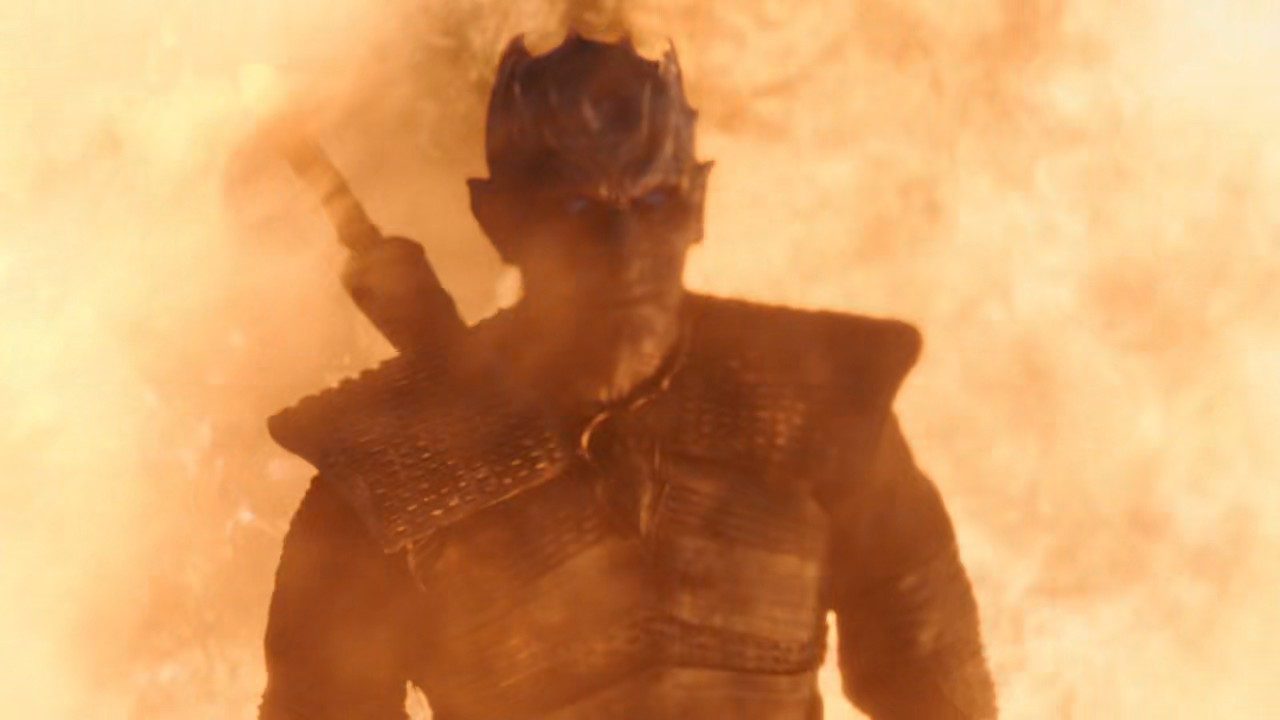
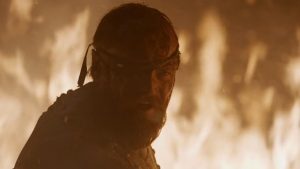
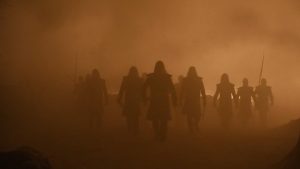
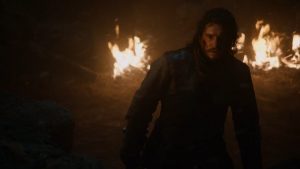
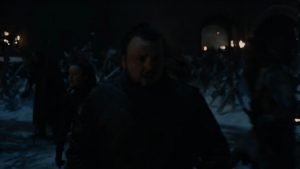
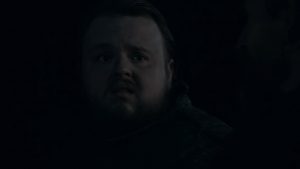

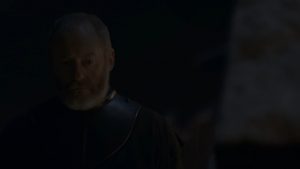
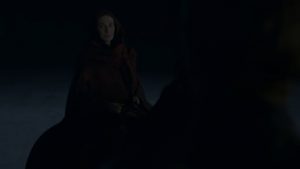
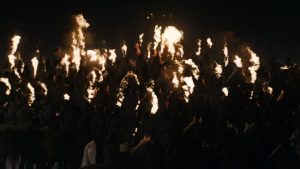

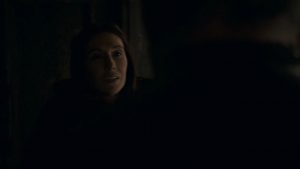
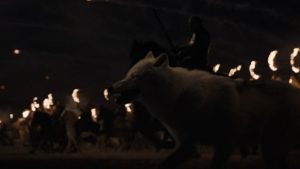
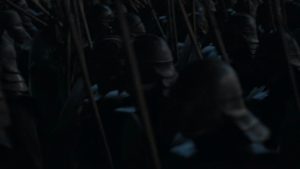
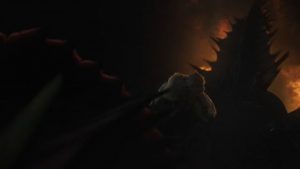
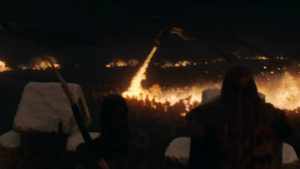
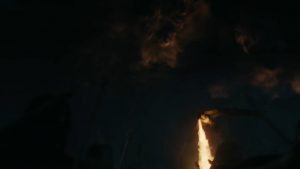
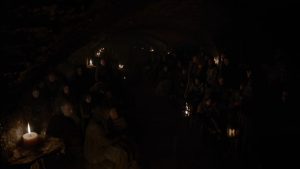
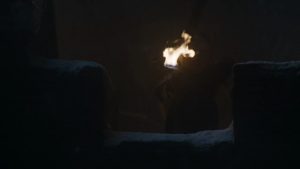
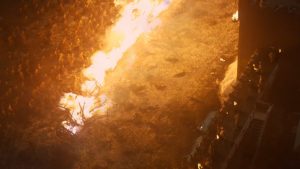
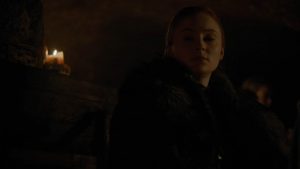
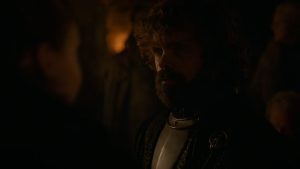

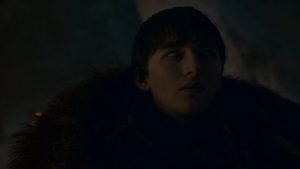
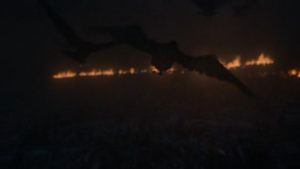
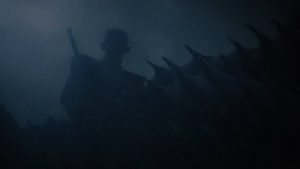
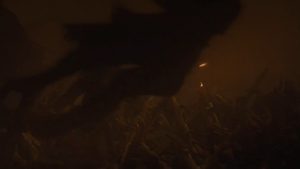
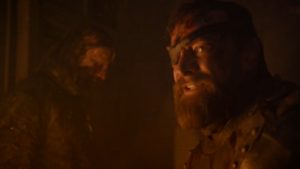
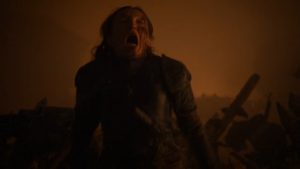
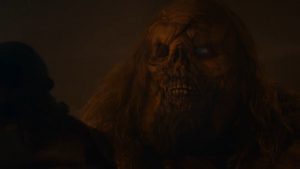
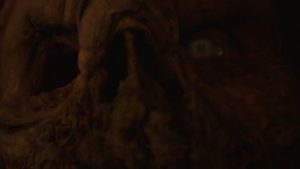

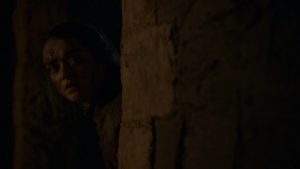
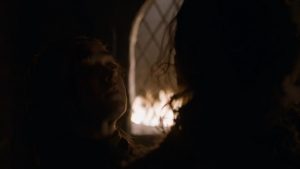
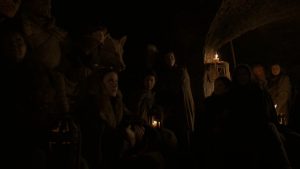
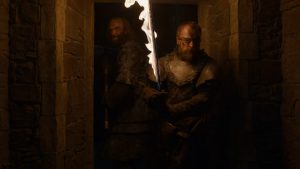
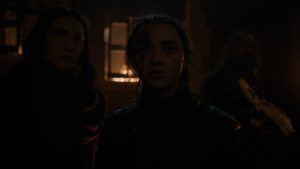
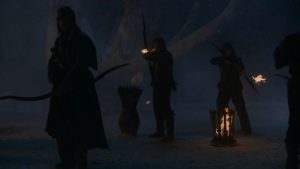

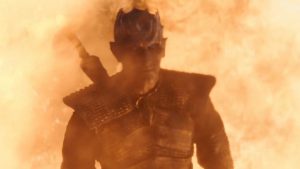

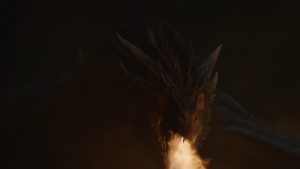
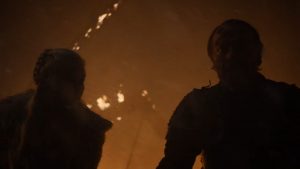
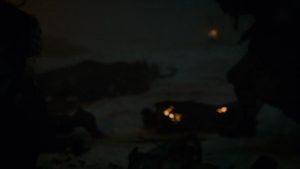
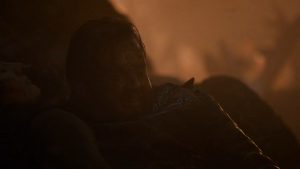
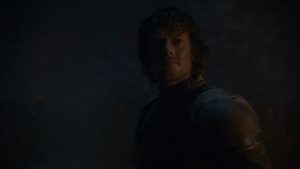
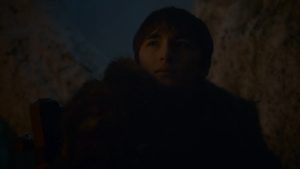
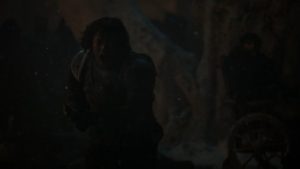
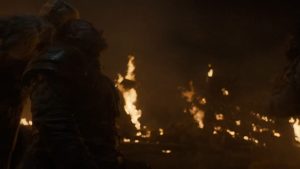


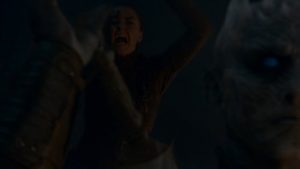
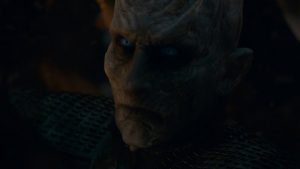
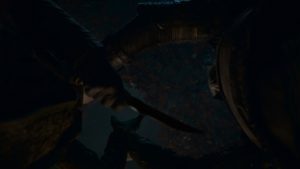
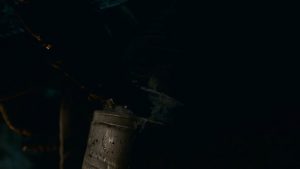
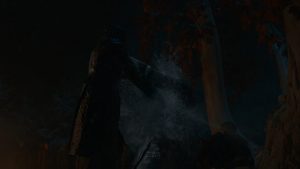
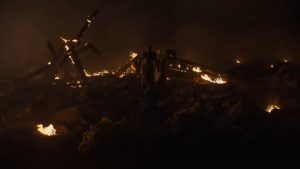
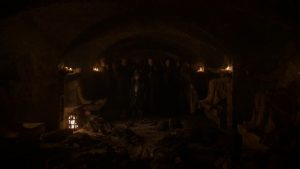
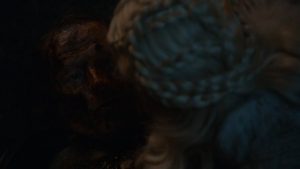
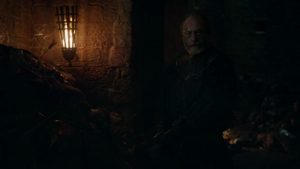
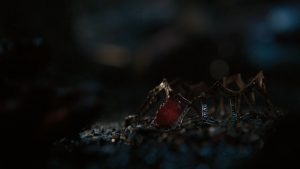
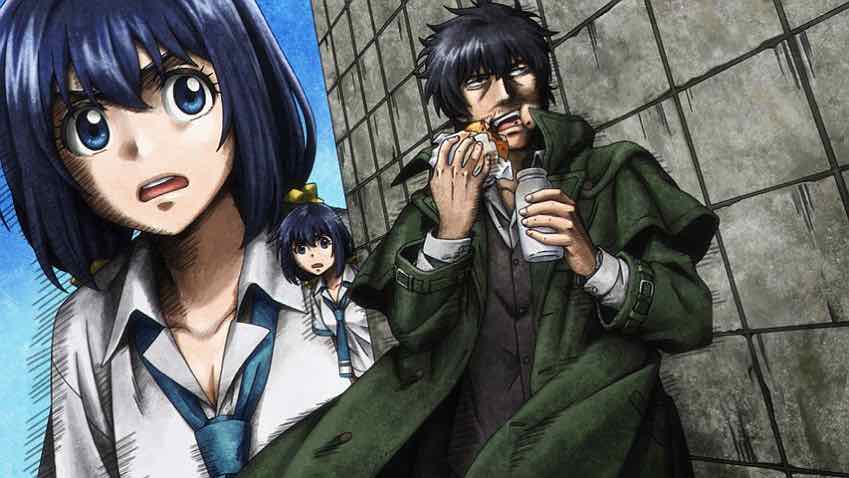
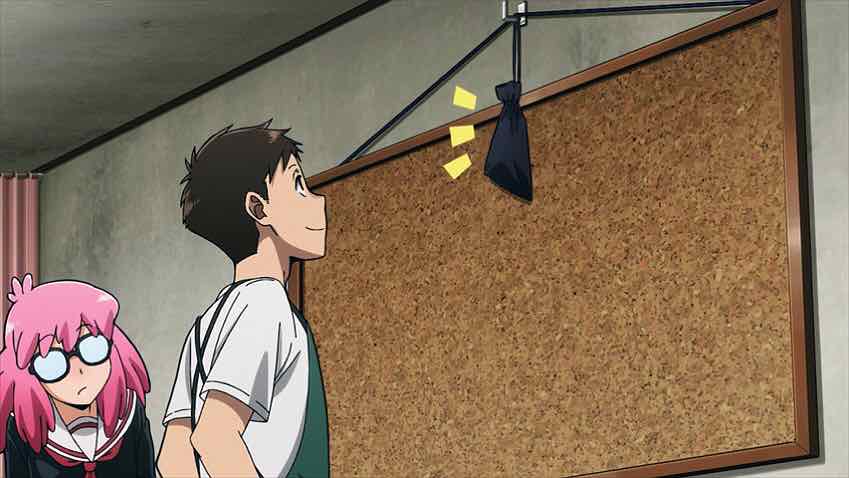
uh
April 29, 2019 at 8:23 pmWhy would you expect Ned Stark to rise from the crypt when he’s been beheaded? If he was hanged or stabbed to death, yes, but it would’ve been ridiculous fan service in this case…
Guardian Enzo
April 29, 2019 at 8:56 pmYeah, and the TV version of GoT certainly isn’t about ridiculous fanservice.
uh
April 29, 2019 at 9:59 pmI was talking about you, not the producers. You seem to think it would be a good idea despite the very obvious reason why this shouldn’t happen. If you’re criticizing them for pulling some nonsense, why not refrain from it yourself?
Guardian Enzo
April 29, 2019 at 10:06 pmWell for one, I thought it was fairly obvious I was joking. And for another, this version has gone so over the top in terms of subverting the logic of the mythology in order to deliver fanservice, why not just embrace the absurdity and enjoy it?
Simone
April 30, 2019 at 5:13 amMost importantly, it would have required hiring back Sean Bean. Not happening.
Guardian Enzo
April 30, 2019 at 7:59 amWhy?
Simone
May 1, 2019 at 6:46 amDunno, it seems really weird I guess? Paying an actor that’s not been connected any more to the franchise for years, for what basically would amount to a cameo in make-up… it just feels a bit out of left field.
Guardian Enzo
May 1, 2019 at 8:58 amBudget not an issue with this series, I suspect.
Yana
April 29, 2019 at 10:52 pmEven though I was severely disappointed by this episode, I kind of expected that — when a story and a corresponding set of characters have been built up for as long as this particular story and these characters have been, I feel like the end result is destined to be disappointing no matter how things play out. There was simply far too much long-lasting hype invested in this battle (we’re talking about finding a narrative resolution to 8 whole seasons’ worth of build-up in a single episode, come on), to the point where there was no way the actual thing could realistically live up to its own predetermined standards.
And while I’m no fan of Benioff and Weiss, I have to wonder if this was entirely on them & the director, even with George out of the picture — he himself has built his own story up from so many angles for so many years that I’m not sure if even he would potentially be able to deliver when the time comes for this to play out in book format. There’s just too much of everything — most of all, too much of George’s overreliance on the “magic must always be a mystery” trope, which serves well to keep audiences hooked while the story progresses, but can never really hold out without biting its own narrative back in the ass when things begin to come to a close.
Onix Franceschini
April 29, 2019 at 10:57 pmI personally would’ve loved to see Ned. Slightly disappointed it didn’t happen simply for the ludicrous reactions.
hito
April 30, 2019 at 12:02 amWhile I partially agree about “it was going to be a letdown no matter how it happened” – anything using the superhero movie trope of “The enemy is scary because they are limitless, but luckily they are just a million Christmas lights all plugged in to the same outlet” has that sort of “oh, okay” problem when you flick the lightswitch – it still could have been so much better than it was. There was no narrative weight to it being Arya, or it being done the way it was – she was just there. But there were so many threads of character progression and repeated themes that you think they could have bumblefucked their way into something approaching meaning just by coincidence, if nothing else.
Like, here is a better way to kill the Night King off the top of my head. What if Bran’s three-eyed-raven powers extended to let him warg into Theon’s dead body, creating a threat the dead couldn’t recognize as being hostile? Then at least you do something with Bran Gained Power And Lost Humanity, and Theon Was Born a Greyjoy But Dies a Stark, and Memory. Or what if the plan was to have a dragon set fire to the Godswood, and it turned out a burning Weirwood tree melts the king when dragonfire alone can’t? Then you do something with Both Ice and Fire Must Work Together, and The Walkers Are Born Of The Children Of the Forest, and Lineage (with the Starks destroying their heritage to fight for the living). But no, instead, I guess the buildup the last two seasons was to hang on the narrative peg of Arya Stark Is The Westeros Long Jump Champion. What a goddamn waste.
Guardian Enzo
April 30, 2019 at 12:32 amMartin attempts to dig deeper like that at times, but that club just isn’t in Benioff and Weiss’ bag. In their hands this story is very straightforward, for better or worse.
asd
April 30, 2019 at 12:34 amcouldnt see jackshit in this episode, disappointing
Dein
April 30, 2019 at 3:49 amMaybe a season away from this show has rendered me incapable of being affected by it’s smoke and mirrors, but this was by far -and I mean, BY FAR – the worst episode of GoT I had to sit through. 90 minutes! 90! That’s half the length of the Two Towers for gods sake. And most it was just a black screen with grunts and screams in the background. As far as epic last stands go, this was entirely underwhelming. And then the night king gets stabbed. Roll credits.
Maybe there are subtexts and implications that are going completely over my head here, but if someone told about this episode word for word, I would’ve thought they were fucking with me. As I was trying to stay awake through the first two thirds, I could almost hear the exasperated sighs of the showrunners from behind the curtain. “Can we go home yet?”
ObahhabO
April 30, 2019 at 10:49 am“There’s a problem there, though, and that’s a matter of darkness.” I agree in full with this statement. The episode was very frustrating for me because of how poorly the scenes were lighted. Very hard to follow. Good review Enzo.
Guardian Enzo
April 30, 2019 at 1:18 pmThanks. It seems like pretty much everyone had that complaint as it turns out, judging by the reviews from around the net.
Stöt
May 1, 2019 at 6:40 amAs you said, there’s a lot of details that you can quibble about but two thing feels like really outstandingly poor choices:
1. I looked at the “behind the scenes” things, and it’s clear that they wasted a shit load of budget on pixels that are not even visible. What’s the point of having this expensive CGI dragon scene when you can’t fucking see anything. Who thought this was OK?
That’s just inexcusable. The editing team really destroyed a lot of people’s hard work. Not enhanced it.
2. Having the cast go from GRRM levels of mortality to Disney really is jarring. I hate it.
Other flaws widely talked about on the internet are all so minor compared to those
GC
May 2, 2019 at 1:22 amI can’t believe the showrunners did not see the backlash coming over the darkness issue. When they saw the completed episode they must have gone “Oh shit” and then hyped how great the episode was going to be hoping it might slide by.
Guardian Enzo
May 2, 2019 at 9:09 amThe cinematographer said the problem is “people don’t know how to tune their TVs”.
So there…